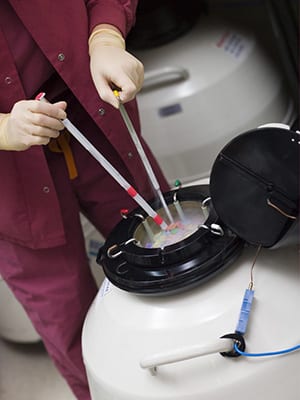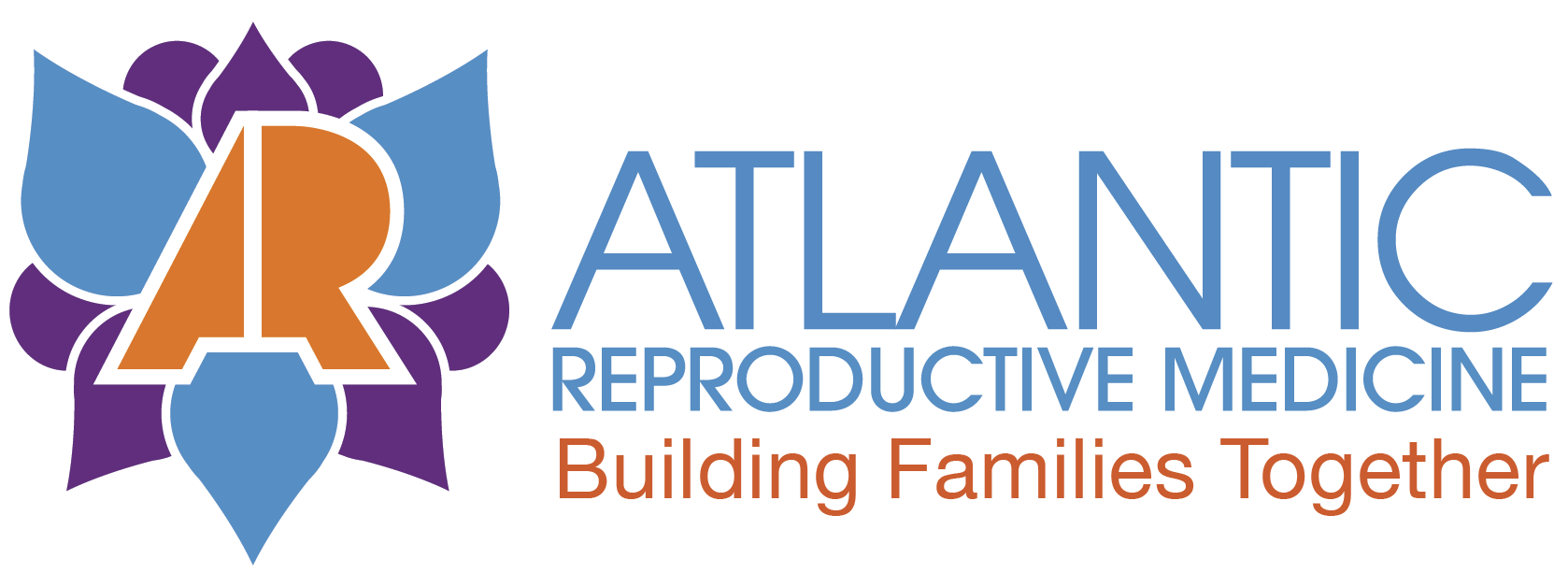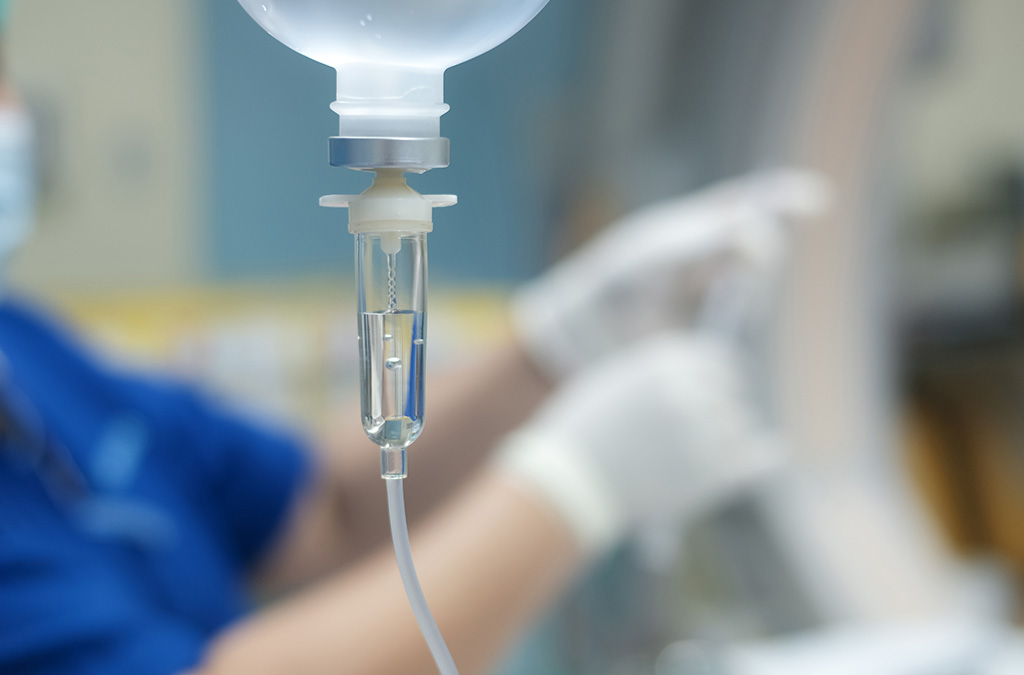
One of the clear signs of success in our ability to cure certain types of cancer is the rising interest in preserving fertility in cancer patients. While both men and women have had children after cancer treatments, it is much more effective to intervene before being exposed to chemo- or radiation therapy. Men have had the ability to freeze (cryopreserve) sperm for decades but women now have viable options as well.
Women who survive cancer frequently develop premature ovarian failure, so it is important that they consider talking to a fertility specialist about treatment options such as oocyte or embryo vitrification before undergoing cancer treatments. Women can make the best informed decision if they understand their fertility potential before receiving gonadotoxic therapies. There are a number of factors to consider.
#1: Age
As women age their fertility potential declines because of a change in both egg quality and egg numbers. In general, the younger you are when you receive chemo treatment, the more likely you are to be able to conceive afterwards. However, it is important to be evaluated by a fertility specialist yourself because the natural age-related decline in fertility is highly variable from woman to woman.
#2: Types of Drugs
Not all cancer treatment drugs cause infertility. If your cancer specialist is considering different treatment options then it may be useful for you to discuss these options with a fertility specialist.
- One group of medications that carries a significant risk to the gonads are called alkylating agents and within this group, there are drugs that have higher or lower risks of toxicity.
- Drugs made from methotrexate, fluorouracil and vincristine are considered less likely to result in infertility.
- A fairly new group of chemotherapy drugs known as taxanes haven’t been around long enough for medical professionals to have a clear understanding of their effects.
#3: Side Effects
The impact of chemotherapy on fertility also applies to side effects. If you experience early menopause brought on by the chemo, it can take up to a year after you complete the treatment for your menstrual periods to begin again. During this period you will be infertile, but it doesn’t always mean you won’t be able to conceive later. The number of fertile eggs may also be smaller after chemo, and there’s a possibility that you could remain in menopause, which means fertile egg production will be over.
Chemo and Fertility in Men
The impact of chemotherapy on fertility is much the same in men as it is in women, in that it slows the production of sperm cells until after treatment is complete. It can also result in the complete end of sperm production. A man’s age when he has chemo has less of an effect on men than women, but men older than 40 years are also more likely to become infertile after treatment.
Outlook
The outlook for the effects of chemotherapy on fertility is different for everyone, so if you’re looking for conclusive answers the only way to really get them is to consult a fertility specialist. As you can see from this information, however, the possibility of having children after your treatment depends on a whole range of factors, and only your reproductive health professional can give you a clear answer.
If you discover that your risk of infertility is high, perhaps you should consider freezing your eggs or sperm cells ahead of the treatment. This can provide you with options at a later stage. Once you have preserved your fertility, it is important to continue to consult with both your cancer and fertility doctors to determine the safest and most effective time to try to conceive.

